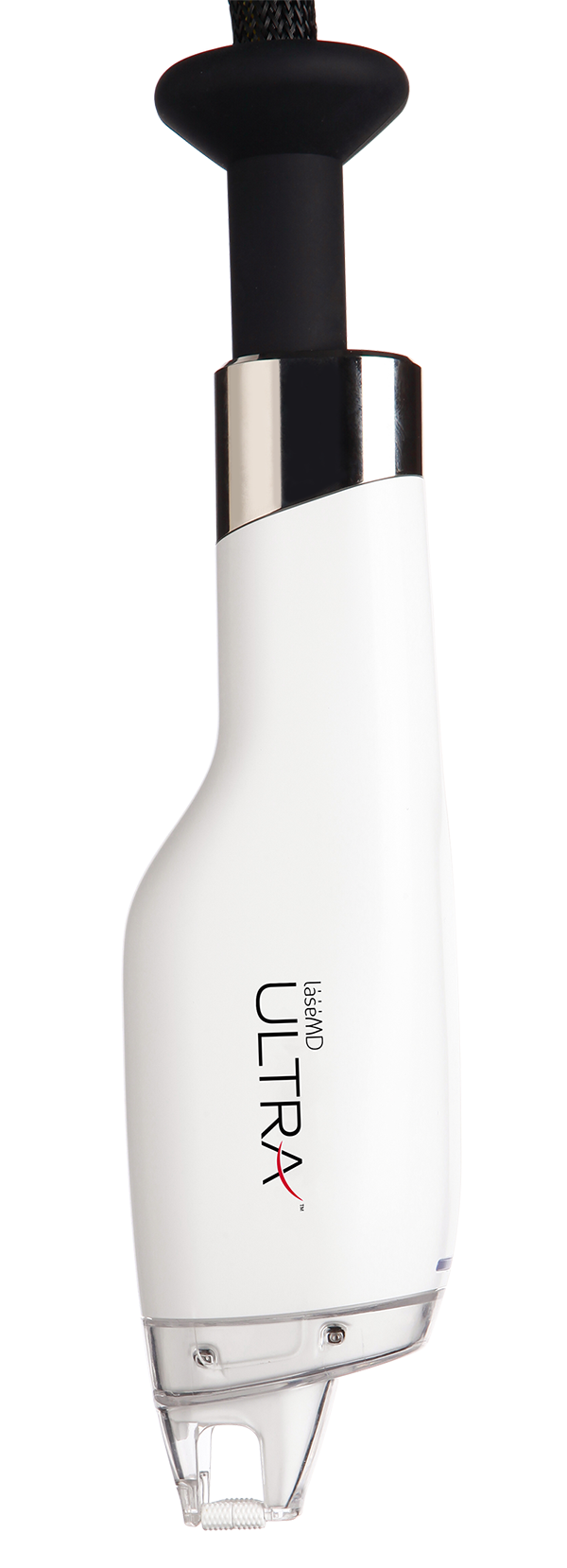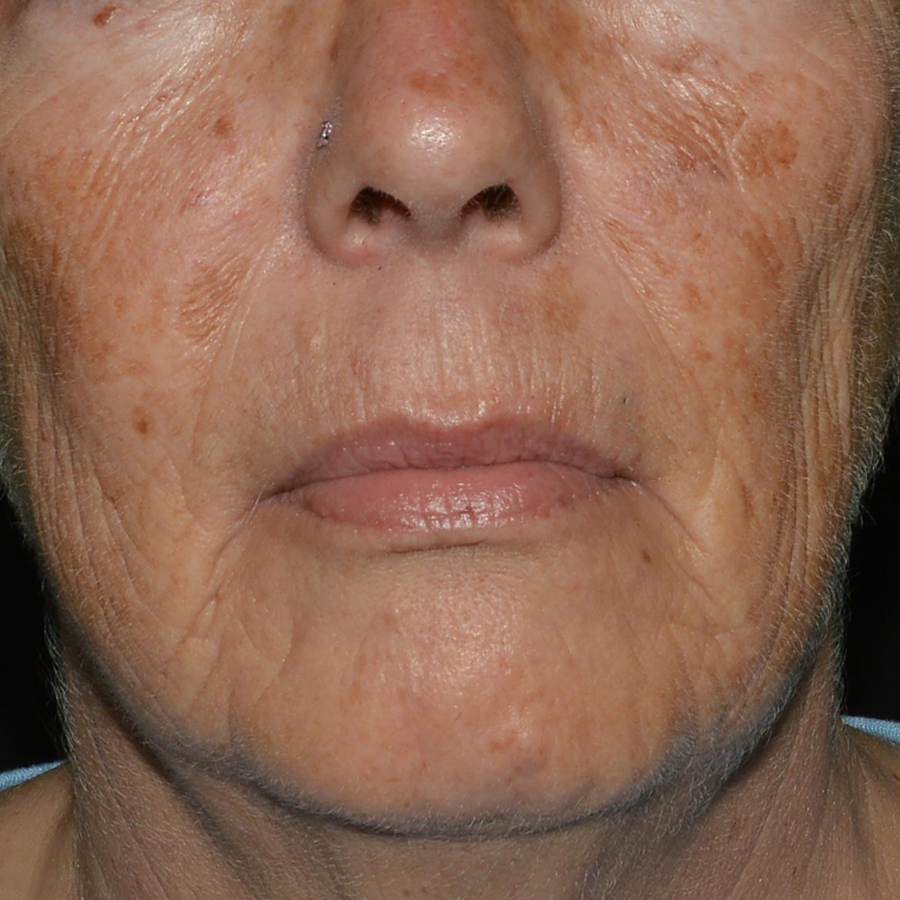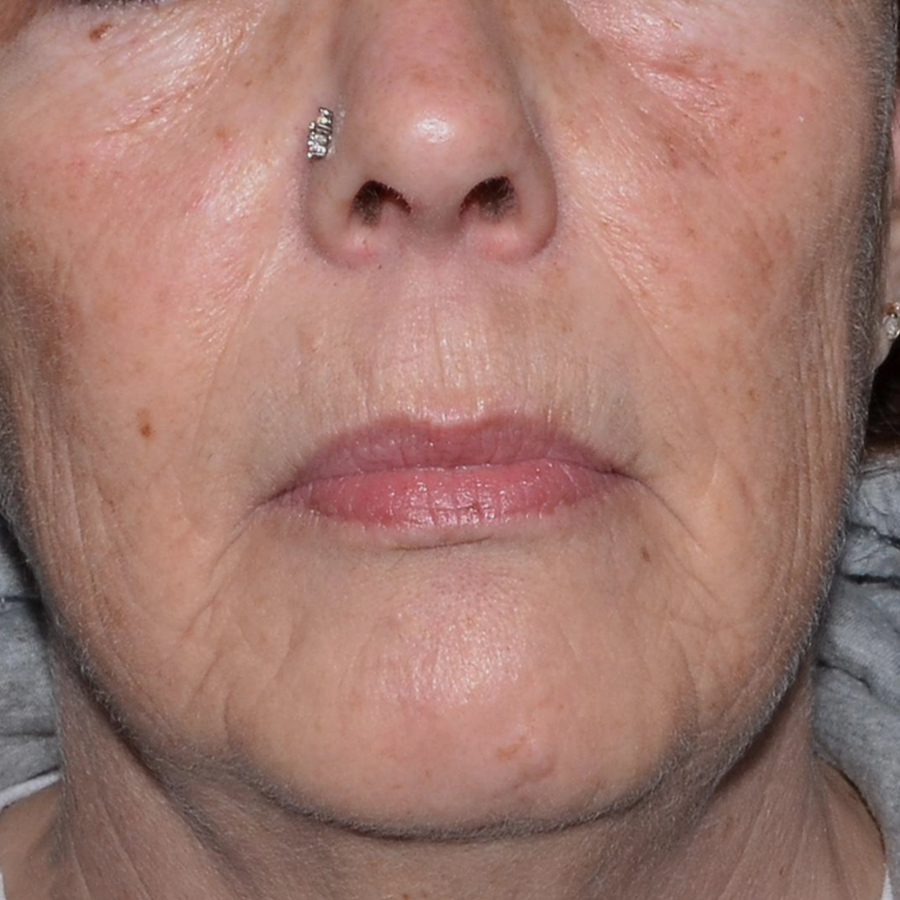
The latest innovation in laser skin rejuvenation & hair restoration
If you are looking for a non-ablative, yet highly effective treatment to rejuvenate your skin with none of the downtime of traditional laser treatments, you can find LaseMD Ultra at Lotus Med Spa in Victoria, TX. LaseMD Ultra treatments make it possible to have a more youthful and bright appearance without having to worry about missing work or social events. LaseMD Ultra has been shown to be effective in promoting hair growth and restoring thinning hair and is a highly effective and safe treatment for hair restoration that offers a range of benefits. Whether you are dealing with thinning hair, balding, or simply want to improve the overall health and appearance of your hair, LaseMD Ultra can help.
Call (361) 894-6094 for Pricing

How Does It Work?
LaseMD Ultra is a gentle but effective non-ablative laser that targets the water molecules in the skin
The LaseMD Ultra treatment can be customized to fit your needs –whether you are looking for a light resurfacing or a deeper treatment to address fine lines, pigmentation, mild to moderate sun damage, and thinning/balding hair. LaseMD Ultra is the perfect addition to your skincare routine!
What Can LaseMD Ultra Do For Me?
The LaseMD Ultra treatment can be customized to fit your needs
- Reduction of Fine Lines
- Brighter Skin Tone
- Improved Skin Texture
- Pigment Reduction
- Décolleté Care
- Reduction of Age Spots, Sun Spots and Freckles
- Treats Mild to Moderate Sun Damage
- Treat thinning or balding hair
- Improve hair health
- FDA Approved to Treat Actinic Keratosis





